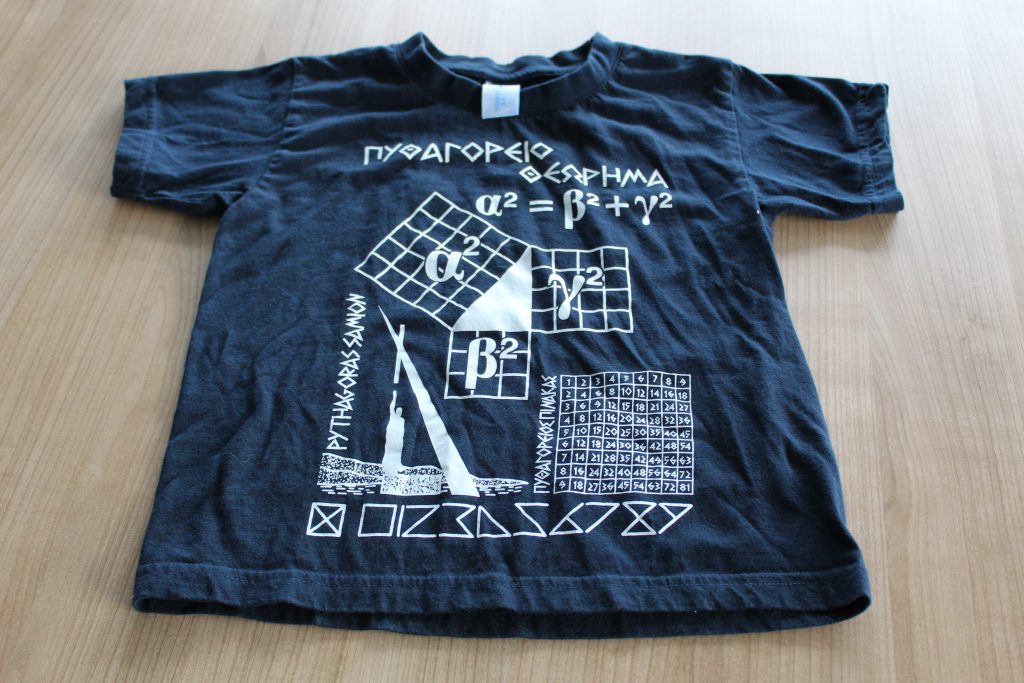In 2005 I was asked to attend a meeting at Nottingham Trent University with some fellow PhD students. I explained my topic, e-learning in university mathematics, to one student who said, “oh, you should go and talk to Mike in Physics; he’s interested in that sort of thing”. When I found him, it turned out Mike had a little interest in primary school teaching but he said “oh, you should go and talk to Dave downstairs; he’s interested in that sort of thing”.
Feeling like I was on a wild goose chase, I went downstairs and knocked on the relevant door. Dave turned out to be Dr. David Fairhurst, a physicist who had recently moved to Nottingham Trent University. Dave was indeed interested in university education and after a quick chat we agreed there are lots of subjects all trying to deliver mathematical content through electronic means who might benefit from getting together and a seminar series might be useful. I was keen on this; as a PhD student I was encouraged to attend departmental seminars but I hadn’t even managed to understand the titles of any so far.
We booked a room and sent an email around whoever we could think of as an invitation to a general discussion on setting up a seminar series. Thirty or so people turned up and someone suggest Trevor Pull could give the first talk. Over the next three-and-a-bit years we held a total of 25 meetings which were attended by teachers of mathematics from subjects such as mathematics, statistics, physics, chemistry, biosciences, environmental sciences, engineering, computing, social sciences, business and economics, as well as researchers from both computing and education and university learning technology developers. It was really pleasing to meet all these people and see how mathematics is taught in nearly every academic school in the university. We were joined in the organisation by Pete Bradshaw from the School of Education.
In 2006 we had a talk by Steve Maddox about his work supporting two blind physics students at the University of Nottingham. This was excellent and I felt a great sense of loss at having only made this available to the twenty or so people in the room who saw it live. Steve did write his talk up for MSOR Connections, but this only appeared a whole year later because these things take time. I applied for funding from the Institute of Mathematics and its Applications (I was a member but this is long before I worked for them) and received £600 towards speakers’ expenses and refreshments at meetings in exchange for recording the talks and making them available online. The Maths, Stats and OR Network (long before I worked for them too) were kind enough to host the large video files on their web server.
For the first two talks I borrowed video cameras from the computing department and recorded and edited these myself. I wrote an article in MSOR Connections about this experience: A quick and easy (rough and ready) method for online video. From 2007 onwards, much to my relief, these were recorded and edited professionally by Chris Shaw of Nottingham Trent University.
Many of the seminar videos cover teaching, learning, assessment and support using specific technologies – wikis, podcasting, Logo, interactive whiteboards, GeoGebra, VLEs and interactive voting systems – a series of talks related to accessibility, particularly access to mathematics by students with visual impairments, and several related to more general pedagogy such as designing effective online questions and relevance of learning styles to e-learning. In the end we recorded fourteen talks as videos. These have been available for a while on the ELMS website and have been downloaded quite a few times (by unique ip addresses: min 30; max 176; mean 51; SD 38; median 37). Now I have transferred the videos also to a YouTube playlist. The website has downloads relating to talks (such as slides) where these are available.
I wrote updates on the availability of new ELMS talks in Mathematics Today (43(3), p. 85; 43(5), p. 164); 45(1), p. 11) and MSOR Connections (7(2), pp. 49-50; 7(4), p. 43; 9(2), pp. 29-30), and a final grant report in Mathematics Today (46(6), pp. 287-288).
ELMS seminars stopped when I moved to full time employment and couldn’t get to Nottingham Trent very often to organise them. I’m really glad for this experience. I met a lot of interesting people doing these seminars and later ran workshops for the MSOR Network’s Accessing MSOR group, staff development seminars for the School of Mathematical Sciences at the University of Nottingham when I worked there and in my current job for the MSOR Network we run seminars and workshops. ELMS was the experience that demystified this process for me and that alone was incredibly useful.


